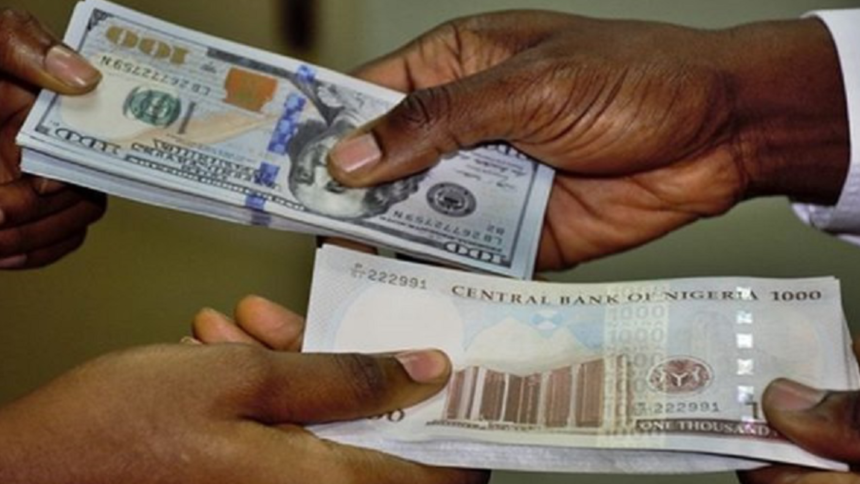The naira has hit its strongest level in nearly 10 months, lifted by tighter monetary policy and rising foreign reserves.
However, a new report by investment bank Renaissance Capital (Rencap) has warned that the currency may now be overvalued by as much as 30%, posing a significant risk to Nigeria’s economic competitiveness.
According to Rencap’s findings, this overvaluation could cost Nigeria up to ₦6 trillion in lost competitiveness and higher import bills by 2026, a situation analysts say could hurt local manufacturing and exports.
The report, based on a Real Effective Exchange Rate (REER) model, measures the naira’s strength against a basket of global currencies adjusted for inflation.
It arrives as the exchange rate stabilises between ₦1,400 and ₦1,450 per dollar, supported by strong foreign reserves now above $41 billion.
Rencap attributed the naira’s stability to the Central Bank of Nigeria’s (CBN) tight monetary stance, particularly its 27% benchmark interest rate, which has limited liquidity and encouraged investor confidence in naira assets.
However, the bank described this stability as artificial, saying it stems more from restrictive policy than real market strength. “The underlying data used to justify such high rates may not reflect current inflation trends,” the report said.
While the National Bureau of Statistics (NBS) reported inflation above 20% in August 2025, Rencap estimates actual inflation could fall faster, to 12% in October, 10% by December, and 6% by 2026.
Based on those projections, Nigeria’s real interest rate would remain around 17%, among the world’s highest.
Still, the firm warned that sustained investor confidence will depend on accurate inflation reporting, transparent policy decisions, and a gradual realignment of the naira to reflect true economic fundamentals.
It pointed out unusual weightings such as non-alcoholic beverages at 12%, compared with 11% for transport and only 3% for telecommunications, which it said may distort inflation measurement.
“These anomalies could be driving policy decisions that are excessively tight,” Rencap warned, adding that unreliable data risks misguiding fiscal and monetary policy.
Rencap cautioned that the combination of a strong naira, tight monetary policy, and slowing credit growth has created what it calls a “misalignment risk.”
It warned that when interest rates eventually decline, import demand will likely surge, exposing the naira’s overvaluation and triggering a potential 30% depreciation between 2026 and 2027.
At current import levels of about ₦20 trillion annually, this misalignment translates to roughly ₦6 trillion in extra costs for local producers, effectively an implicit subsidy for imports that undermines domestic industries.




